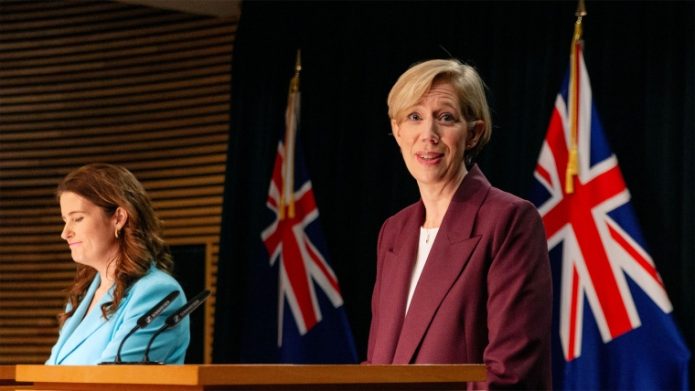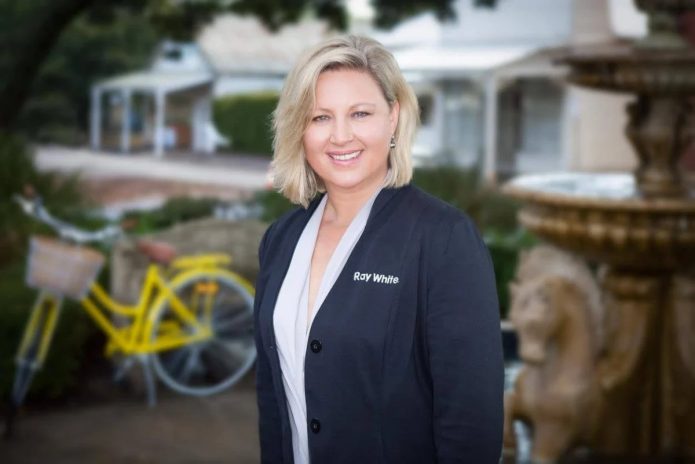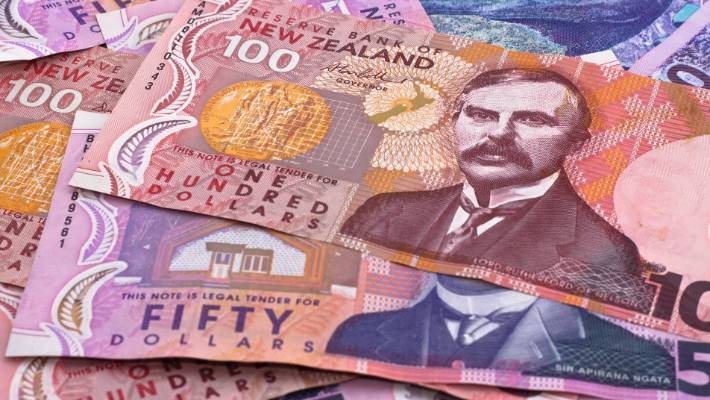PHOTO: The Project spoke to researcher Max Rashbrooke about wealth and inequality in New Zealand
Wealth is simply what you own, minus what you owe.
Featured on The Project on Tuesday, Jesse Mulligan explained the formula for calculating personal wealth, inviting inequality researcher and writer Max Rashbrooke to share his findings.
Based on Rashbrooke’s research, those with wealth of $860,000 plus are in the top 10 percent of New Zealanders. His research shows the bottom 10 percent of Kiwis owe a collective $13 billion, whereas the top 10 percent has $800 billion – more than the other 90 percent combined.
“The bottom 10 percent has a collective $13 billion of debt. The top 10 percent has $800 billion in wealth – more than the other 90 percent combined.”
A simple formula for calculating personal wealth
Wealth is the money you have, not the money you earn. Assets, minus debts (liabilities), equals wealth. As shown on The Project, here’s a refresher on how to calculate it.
- Start by adding up everything you own (individual or couple): house/s, car, furniture, electronics, bank accounts, KiwiSaver and investments.
- Subtract any debts: mortgage, student loan, car loan, credit card/s.
- The difference is your net worth. If the figure is calculated based on jointly owned assets or debts, divide it in half.
Example:
Assets:
House: $1,000,000
Car: $20,000
KiwiSaver: $80,000
TOTAL: $1,100,000
Debts/liabilities:
Mortgage: $600,000
Car loan: $10,000
Student loan: $20,000
TOTAL: $630,000
Total net worth: $470,000
READ MORE VIA NEWSHUB











